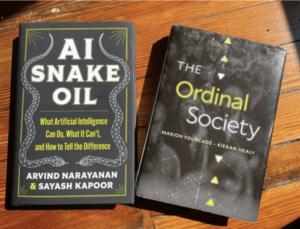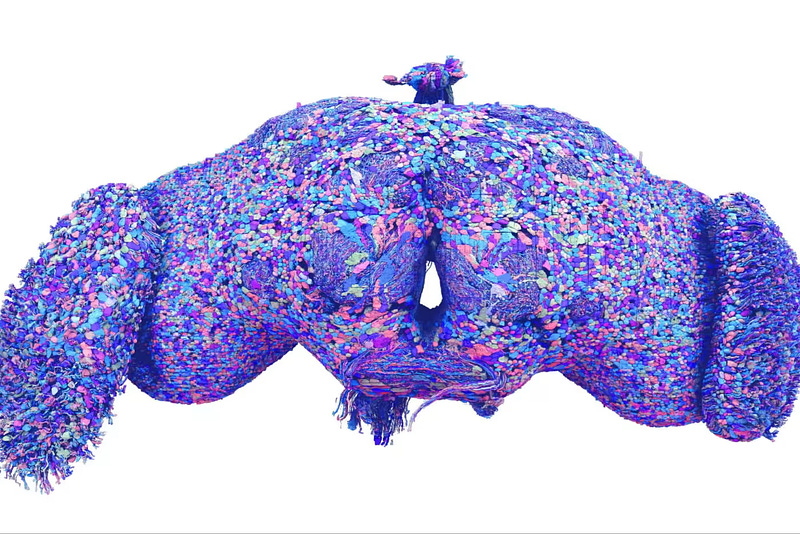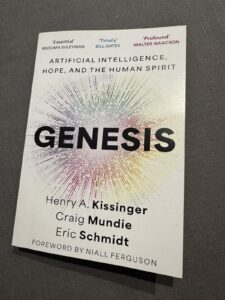Roll out the barrel

Rooting around in my vast photo archive what should I find but this? Taken on Boxing Day (December 26) 2008 when a large number of ostensibly sane male residents of Grantchester, a nice village near Cambridge, decided that they would compete to see which of them could roll a barrel fastest along a stretch of village road, watched by many hundreds of their dependents, spouses, neighbours and the odd puzzled visitor from abroad.
Quote of the Day
“Conservatism consists of exactly one proposition, to wit:
There must be in-groups whom the law protects but does not bind, alongside out-groups whom the law binds but does not protect.
There is nothing more or else to it, and there never has been, in any place or time.
Musical alternative to the morning’s radio news
Celtic Thunder | Galway Girl (Live From Ontario)
The group is now to me, so thanks to Quentin for spotting them. Steve Earle’s song has been wildly popular in Ireland for years. If you doubt that, then have a look at what went on in Galway on 11 June, 2016!
Long Read of the Day
The long and the short of our confidence in AI

This is a fabulous essay by Rob Nelson which packs a lot of wisdom and perceptiveness into an extended review essay about these two important books. It’s a long read, but worth every minute of the time spent.
Here are just two samples to give you a flavour of Nelson’s insight into this stuff:
On AI Snake Oil…
The habit of confident prediction, especially when expressed probabilistically, gives a rational sheen to the most unhinged speculation. Narayanan and Kapoor don’t use the term, but one of the book’s central points is that we need more fallibilism, a recognition that when it comes to science, we know nothing with absolute confidence. Such uncertainty eases the way for con artists to make fraudulent claims, but identifying snake oil is not just about detecting bullshit; it is also about evaluating the social harms that come with genuine advances. For example, Narayanan and Kapoor write, “The biggest danger of facial recognition arises from the fact that it works really well, so it can cause great harm in the hands of the wrong people.” Many skeptics are so focused on proving AI doesn’t work that they miss it when AI works exactly as intended, sometimes with disastrous consequences for individuals or society.
And…
The advantage of generative AI is that, like actual snake oil, there really is some value there. The temptation to bottle up whatever this is and put a label on it becomes an obligation to those living on what Nate Silver calls “the river,” a gambling mindset with deep roots in American culture. The uncertain truths of this latest advance in machine capability have created an epic opportunity for the right man, a confidence man for the twenty-first century.
The AI snake oil impresario who leads OpenAI is just such a man. From his star turn in the comedy of remarriage last year as he left and came back in one madcap weekend to his slow-motion character subversion into the villain we all wanted him to be, Sam Altman understands that a good story is the key to a complicated and lucrative scam. His prognostications, along with the outrage of his critics, serve Altman’s purpose, which is to distract the public from books like AI Snake Oil or projects like François Chollet’s ARC Prize. Dave Karpf nails it: “The business model of OpenAI isn’t actually ChatGPT as a product. It’s stories about what ChatGPT might one day become.” Alternating boardroom dramatics with scripted demos of black box breakthroughs keeps the AGI currents sparking and crackling, and the eyes on him.
On The Ordinal Society
William Thomson explained an essential truth of the modern world: “When you can measure what you are speaking about, and express it in numbers, you know something about it.” Fourcade and Healy describe the social order that has emerged since this observation: “a society oriented toward, justified by, and governed through measurement.” If to measure something is to know it, then to put that measure into an algorithm is to automate our knowledge of it. Such automation, as we have learned, is powerful, especially when organized and mediated through the Internet. It is even more powerful when the “it” is our own sense of self.
Fourcade and Healy argue that we have welcomed that power into our lives for what it gives us, and especially the experiences it provides. Our human desire to rank and be ranked is now realized through an internet-created social “system of organization, evaluation, and control that is remarkably convenient, often delightful, and at times frightening.” It is not simply that giant corporations gather data and use it for their own purposes—though they certainly do. It is that, in so doing, they give people what they want. They tell individuals and institutions where they fit in the social order.
It’s terrific. Well worth your time if you want to rise above the current chaotic and often clueless discourse about AI and AGI.
The blogosphere is in full bloom. The rest of the internet has wilted
Yesterday’s Observer column:
If you log into Dave Winer’s blog, Scripting News, you’ll find a constantly updated note telling you how many years, months, days, hours, minutes and seconds the blog has been running. Sometime tomorrow morning the year field will switch to 30. Which will mean that every single day for three decades Dave’s blog will have been stirring things up.
He’s a truly remarkable figure, a gifted hacker and software developer who embodies the spirit of the early internet. In the 1980s he created ThinkTank, a new kind of software called an “outliner”, which computerised the hierarchical lists we all use when planning an article or a presentation, but which were up to then scribbled on paper. Like Dan Bricklin’s spreadsheet, it was a novel idea at the time, but now you find outliners built into almost every kind of software for writing. There’s even one in Microsoft Word, for God’s sake!
In 1983, Winer founded a company, Living Videotext, to develop and commercialise the outlining idea, and six years later sold it to Symantec for enough money to enable him to do his own thing for the rest of his life…
My commonplace booklet
The historian Jill Lepore has been in conversation with ChatGPT in its ‘Advanced Voice Mode’ and has a lovely essay in the New Yorker about her experience (and lots more besides) which is, alas, behind the paywall. But here’s a bit that made me laugh out loud:
Advanced Voice Mode also told me that thing about Alan Turing presenting a paper at Teddington in 1958, and, because its personality is wide-eyed and wonderstruck, it added some musings. (Unlike standard Voice Mode—which involves recording your question and then uploading it, in a process that feels sluggish and, sweet Jesus forgive me, old-timey—Advanced Voice Mode talks with you in real time and inexhaustibly, like a college roommate all het up about Heidegger whispering to you in the dark from the top bunk at three in the morning.) “It’s fascinating to think how forward-thinking Turing was, considering how integral learning algorithms have become in modern A.I.,” it said, dormitorially. But Turing had died in 1954, so he wasn’t at the conference, either.
Linkblog
Something I noticed, while drinking from the Internet firehose.

Largest brain map ever reveals fruit fly’s neurons in exquisite detail
From Nature…
A fruit fly might not be the smartest organism, but scientists can still learn a lot from its brain. Researchers are hoping to do that now that they have a new map — the most complete for any organism so far — of the brain of a single fruit fly (Drosophila melanogaster). The wiring diagram, or ‘connectome’, includes nearly 140,000 neurons and captures more than 54.5 million synapses, which are the connections between nerve cells.
“This is a huge deal,” says Clay Reid, a neurobiologist at the Allen Institute for Brain Science in Seattle, Washington, who was not involved in the project but has worked with one of the team members who was. “It’s something that the world has been anxiously waiting for, for a long time.”
The map is described in a package of nine papers about the data published in Nature today. Its creators are part of a consortium known as FlyWire, co-led by neuroscientists Mala Murthy and Sebastian Seung at Princeton University in New Jersey.
This is truly amazing. 139,255 cells
This Blog is also available as an email three days a week. If you think that might suit you better, why not subscribe? One email on Mondays, Wednesdays and Fridays delivered to your inbox at 6am UK time. It’s free, and you can always unsubscribe if you conclude your inbox is full enough already!




